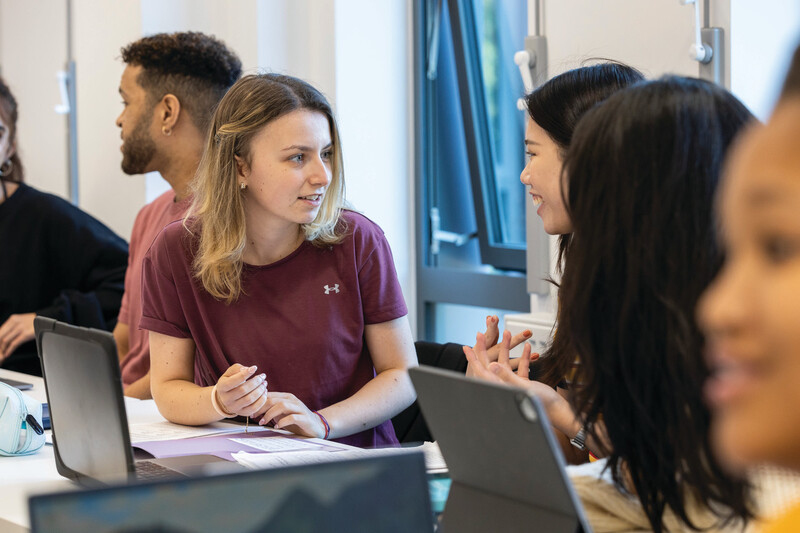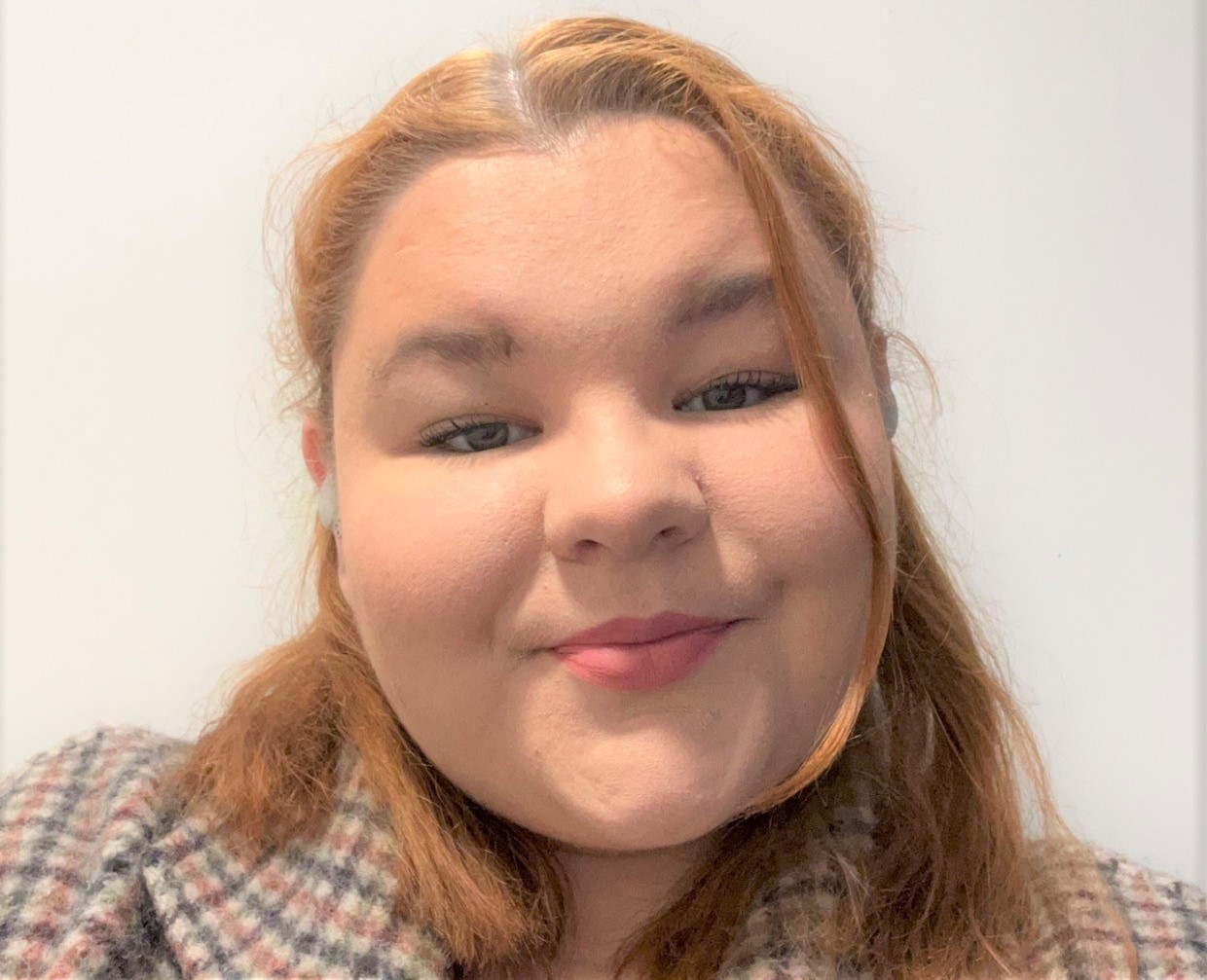
In the UK, there is a serious shortage of data-savvy graduates. To be able to analyse and communicate using data, opens up many areas of work in business, government and the third sector. Isobel Stevens added ‘Quants’, half way through her degree. Here she tells us why.
 ‘I am on the Politics and International Relations with Quantitative Research Methods course. I added ‘Quants‘ at the end of my second year to help with employability. I had chosen a module which used R and was focused on data analysis and this showed me how much I enjoyed the topic and wanted to increase this within my course. I applied to the politics course as I am interested in current affairs and how different countries interact and work on both the individual and state level. I didn’t use the available help from the university during the application process as I had some help from family and people who had interviewed my the previous year when I was hoping to get an internship work placement role.
‘I am on the Politics and International Relations with Quantitative Research Methods course. I added ‘Quants‘ at the end of my second year to help with employability. I had chosen a module which used R and was focused on data analysis and this showed me how much I enjoyed the topic and wanted to increase this within my course. I applied to the politics course as I am interested in current affairs and how different countries interact and work on both the individual and state level. I didn’t use the available help from the university during the application process as I had some help from family and people who had interviewed my the previous year when I was hoping to get an internship work placement role.
I applied last year to NBC for an internship role and got through to the penultimate round but was unsuccessful. This was as my excel skills were not as strong as some of the other applicants. I knew I would want to apply again this year so took and excel course, the google certificate in data analytics and added the quantitative research methods to my degree. This may seem like a lot of extra work but both courses could be done over the summer holidays through just 30 minutes a day. When applying again to NBC I highlighted that I’d listened to their feedback and then took the initiative to improve which they were impressed by. This skills would also be helpful for any job I applied to so even if I hadn’t got the role at NBC they would have been worth the time.
The application process started in November through a standard application of sending of my CV, a cover letter and general background questions. Then in January (after I thought I’d definitely not been successful if they hadn’t responded) I was invited to complete an online interview. This is where you are asked several questions and have to record your answers via the link. These were why I wanted to work there in that role and skill based questions. A couple weeks later I was called and told I was invited to the final interview. For this I had to research one of the Eastern European countries they had listed, I chose Croatia, and look at their tv market and available streaming services with what this means for NBC. This was on the Thursday and I was told I would be told the following Friday (another week of stress). But instead I got a call on the Monday and was told I’d been successful in my application. Within the next two weeks I had had all of the contracts through to be signed and had even had a couple of my future colleagues reach out to congratulate me and ask if I had any questions about the role. I was just really excited (yet still nervous about now having to go into a ‘proper adult job’) and feel like a weight has been lifted off my shoulders as I now had a plan for once I’d graduated.
My recommendation to someone coming to Kent is to choose the modules that you have an interest in as this will mean that you do turn up to lectures and seminars and helps when it comes to writing your assignments. I would also consider if you don’t like exams limiting the number you have to do but having one or two can help as then you don’t have loads of work in the first two terms. I would also recommend for them to look at the types of roles they may want to apply to post-university and consider what courses they could do to build up these skills as this will greatly help with the application process.
I really enjoyed the campus at Kent and working in the library. Both were big draws when I was touring universities and did not let me down. My greatest memories are also mainly those that maybe in the moment didn’t seem all that important but now I realise really helped with my development as a person.’
Isobel Stevens is studying for a BSc (Hons) in Politics and International Relations with Quantitative Research Methods course.
If you are interested in this opportunity please e mail the Deputy Director of the Kent Q-Step centre, Dr Raluca Popp.




